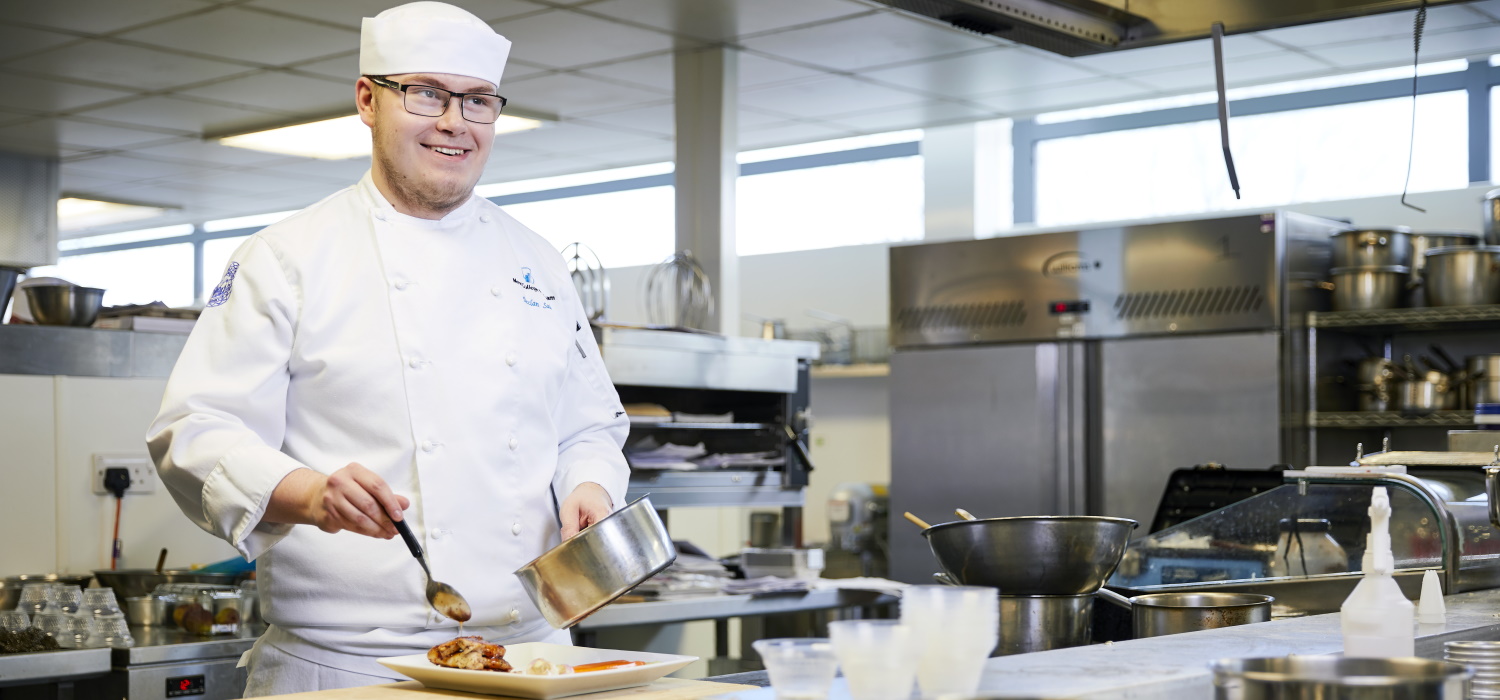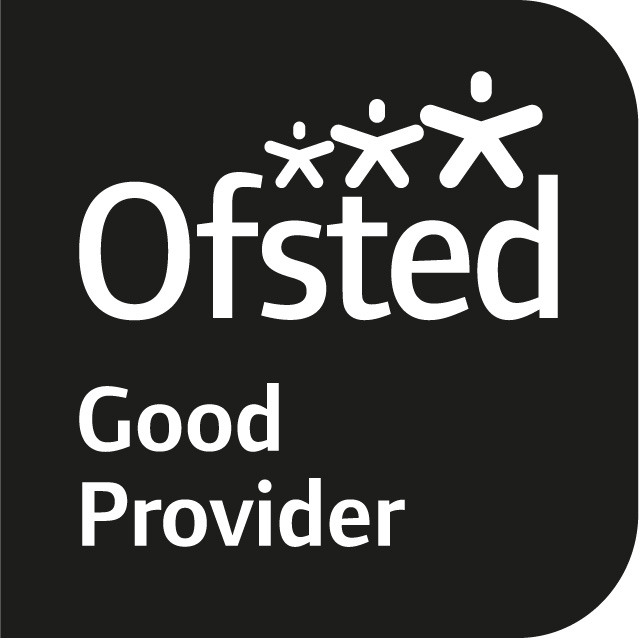
Course may be subject to change.
This course will help you develop the basic skills and knowledge for further study or to prepare you for a career within the catering and hospitality industry.
It is perfect for individuals who would like to gain employment as a professional chef as it has been designed in consultation with industry specialists to ensure you are gaining the skills required by the industry.
Entry Criteria
In order to access this course, you must possess four GCSEs at a minimum of grade 3 (or equivalent), ideally this will include maths and English, or a relevant Level 1 Professional Cookery qualification. Alternatively, it may be possible to enter the course with two years relevant industrial experience in hospitality and catering..
Kits & Uniforms
Additional Costs
You will be required to buy a kitchen/restaurant uniform and knives from the College’s supplier, Russums – cost to be confirmed.
It is advised that you purchase the Level 2 Practical Cookery book, this can be purchased online via Russums or through the College’s media shop.
The catering department arrange local, national and international trips which will come at an additional cost.
What are the next steps?
You will meet with a course tutor for an informal chat and to see the facilities. Please bring evidence of your relevant qualifications or contactable references and work history.
Study Aims
This course aims to provide you with the practical skills and theoretical knowledge needed to work as a professional chef within the hospitality and catering sector. It provides a basis for understanding different aspects of the sector in relation to individual roles and the industry as a whole. The course has been designed in consultation with industry specialists and gives a thorough and comprehensive introduction to the hospitality and catering sector.
To visit The Nationwide Caterers Association website, Click Here.
Modules Studied
The following units are mandatory:
- Developing skills for employment in the catering and hospitality industry
- Food safety in catering
- Health and safety in catering and hospitality
- Healthier foods and special diets
- Catering operations, costs and menu planning
- Produce biscuit, cake and sponge products
- Produce fermented dough products
- Prepare and cook stocks, soups and sauces
- Prepare and cook fruit and vegetables
- Prepare and cook meat and offal
- Prepare and cook poultry
- Prepare and cook fish and shellfish
- Prepare and cook rice, pasta, grains and egg dishes
- Produce hot and cold desserts and puddings
- Produce paste products.
Times of Delivery
Monday - Friday times TBC
Any times indicated are based on current courses and may be subject to change in future years. Full timetables will be confirmed at the start of each course.
Teaching and Assessment
You will be assessed using the following methods:
- Food safety assessment (multi-choice)
- Observational assessment
- Written assessments.
Exams will include:
- 8 x B Craft assessments (cookery tests)
- 2 x Craft assessments (cookery tests)
- 10 x short answer question papers.
Industry Links
Our hospitality and catering department hosts an annual national competition, in association with the Craft Guild of Chefs which is sponsored by Major International. Taking part in skills competitions will push you to challenge yourself and go beyond the normal expectations of your training programme. Also we participate in other local and national competitions. You will further your skills, build your confidence and develop your employability skills.You will be offered the opportunity to be inspired by guest speakers, and go on a range of one day educational visits.
These could include:
- Durham Marriott Royal County Hotel
- Radisson Blue Hotel Durham
- Durham University
- DH1 Restaurant
- Major International
- NECTA.
The above organisations help through delivery and invigilating of the main programme and competition.
Placement
You will complete a placement. The practical nature of the course means you will also gain experiences working in the training kitchen at the College, and kitchens and restaurants at the higher end of the market within Durham.
What else?
If you want to know more about food standards, click here.
You can find out how to make it into baking by visiting the Craft Bakers Association website.
You could progress to Level 3 Professional Cookery or a Level 3 Patisserie and Confectionery at New College Durham or full-time employment.
You could become a member of the Institute of Hospitality.


